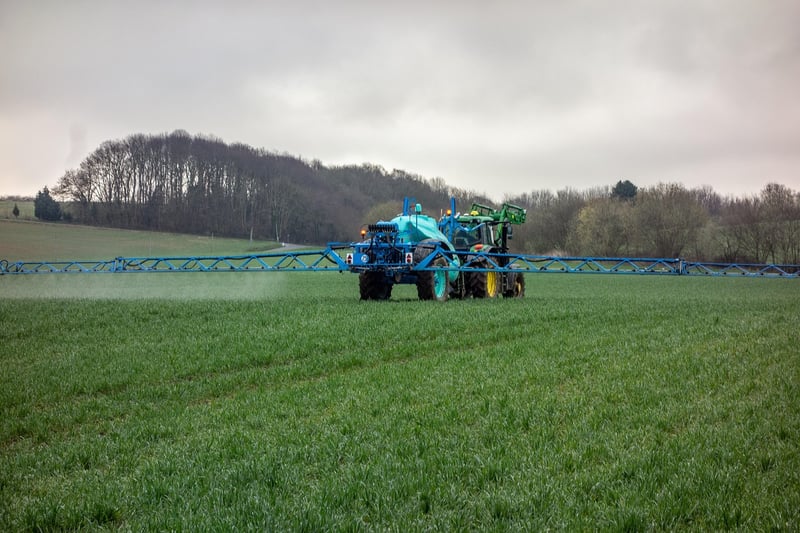Organic Fertilizers
Maintain Soil Health for Sustainable Growth with Organic Fertilizers
Soil health is crucial for sustainable growth in agriculture. By ensuring that the soil is rich in nutrients and teeming with beneficial microorganisms, farmers can improve crop productivity while minimizing environmental impact. One way to maintain soil health is by utilizing organic fertilizers, which provide essential nutrients to plants without the harmful effects of synthetic chemicals.
Benefits of Organic Fertilizers
Organic fertilizers offer numerous benefits for both crops and the environment:
- Improved soil structure and fertility
- Enhanced water retention and drainage
- Promotion of beneficial soil organisms
- Reduction of chemical runoff and pollution
- Long-term sustainability and soil health
Types of Organic Fertilizers
There are several types of organic fertilizers that farmers can use to nourish their crops:
- Compost: Made from decomposed organic matter, compost enriches the soil with essential nutrients.
- Manure: Animal manure is a rich source of nitrogen, phosphorus, and potassium, vital for plant growth.
- Green manure: Cover crops like clover or legumes are grown and then plowed back into the soil to improve fertility.
- Organic mulches: Materials like straw, leaves, or grass clippings help retain moisture and add nutrients as they decompose.
Best Practices for Using Organic Fertilizers
To make the most of organic fertilizers, consider the following best practices:
- Test your soil to determine its nutrient levels and specific needs.
- Follow recommended application rates to avoid nutrient imbalances or over-fertilization.
- Rotate crops and use a variety of organic fertilizers to maintain soil diversity.
- Monitor soil health regularly to assess the effectiveness of your fertilization practices.
By incorporating organic fertilizers into your agricultural practices, you can nurture the soil, support healthy crop growth, and contribute to a more sustainable farming system.

For more information on organic fertilizers and sustainable agriculture, visit Sustainable Agriculture Research & Education (SARE).
